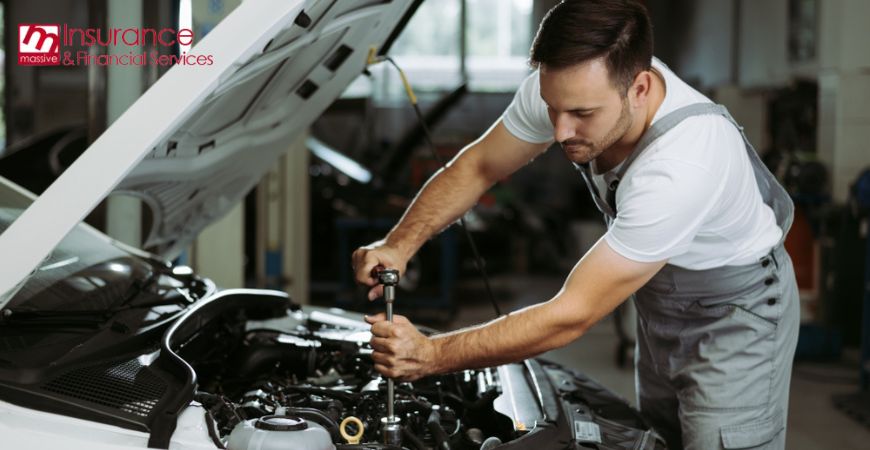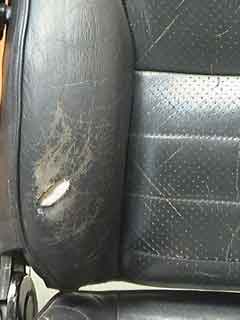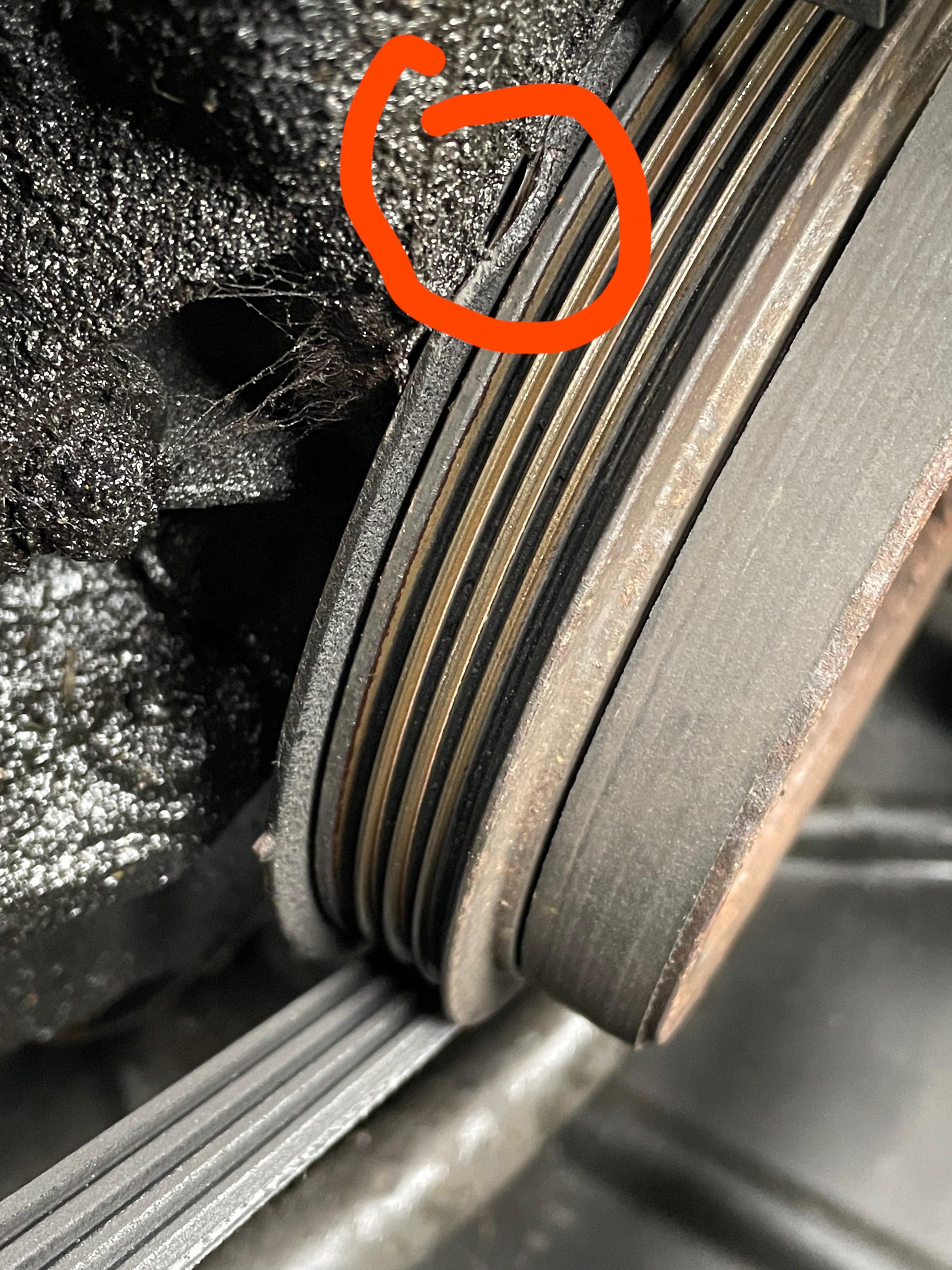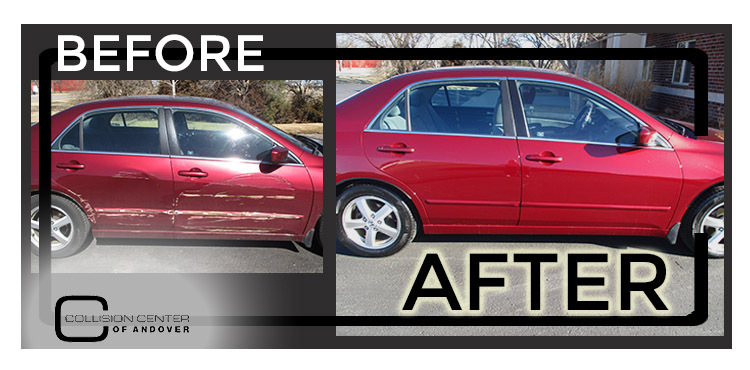Does Car Insurance Cover Engine Repairs
Car insurance typically does not cover engine repairs due to normal wear and tear. Covered repairs are usually linked to specific, non-mechanical issues outlined in your policy.
Understanding car insurance coverage for engine repairs is vital for any vehicle owner. Your insurance policy can be a safety net for a variety of incidents, but it’s important to know that standard car insurance often excludes engine repairs caused by regular use or poor maintenance.
Certain situations, like engine damage resulting from an accident or a covered peril like vandalism, may be included in your comprehensive or collision coverage. To safeguard your engine and avoid unexpected expenses, consider the specifics of your car insurance policy and explore options like extended warranties or mechanical breakdown insurance for broader protection. It’s also important to keep up with regular maintenance and promptly address any mechanical issues to help prevent major engine repairs.

Credit: www.archerinsgroup.com
The Basics Of Car Insurance
Car insurance is essential for any car owner. It helps pay for repairs after an accident. It can also cover theft or damage from natural events. However, understanding if engine repairs are part of the deal is crucial. Engine failures can be costly. Insurance might not always help. This post digs into the details.
Common Types Of Coverage
Car insurance offers various protection plans. Each plan covers different situations. Knowing your coverage is key to understanding what gets paid for by insurance.
- Liability Insurance: Pays for damages you cause to others.
- Collision Insurance: Covers damage to your car after an accident.
- Comprehensive Insurance: Deals with theft and non-accident damage.
- Personal Injury Protection: Helps with medical expenses after an accident.
- Uninsured Motorist Protection: Comes to aid if an uninsured driver hits you.
What Policies Typically Exclude
Insurance policies come with exclusions. They often don’t cover engine repairs unless linked to a covered incident.
| Exclusion Type | Details |
|---|---|
| Wear and Tear | Engine parts degrade over time. Insurance usually does not cover this. |
| Mechanical Breakdown | Failures from poor maintenance are not covered. |
| Custom Additions | Custom parts or modifications might not be covered. |
| Commercial Use | Using a personal car for business might void coverage for some incidents. |

Credit: www.libertymutual.com
Engine Repairs And Insurance Policies
Understanding when your car insurance will cover engine repairs is crucial. Different policies offer varying levels of protection. Discover how coverage works in connection with engine issues.
Circumstances Under Which Insurance Steps In
Not all engine damage is equal in the eyes of insurance companies. Certain scenarios must occur for a policy to pay for repairs:
- Collision damage: If an accident damages your engine, repair costs are usually covered.
- Comprehensive claims: Engine damage from events like fires, theft or vandalism falls under comprehensive coverage.
Exceptions And Exclusions In Coverage
Insurance won’t cover all engine problems. Common exclusions include:
| Nature of Damage | Coverage Status |
|---|---|
| Normal wear and tear | Not covered |
| Mechanical breakdowns | Not covered unless you have a specific mechanical breakdown insurance |
| Poor maintenance | Not covered |
Understanding ‘wear And Tear’
Many car owners wonder if their insurance plan will cover engine repairs. But before diving into the specifics of insurance coverage, it’s essential to grasp the concept of ‘wear and tear.’ Wear and tear is the gradual damage your car naturally undergoes through regular driving. It’s unlike sudden, accidental damages that are typically covered by insurance policies.
Defining Regular Maintenance
Regular maintenance keeps your car running smoothly. It includes oil changes, tire rotation, and brake inspections. Think of it as your car’s health check-up. Just like you need regular doctor visits, your car needs these services to prevent bigger issues. Proper maintenance can sometimes even avoid the need for major engine repairs.
- Oil changes: Replace engine oil to reduce wear on moving parts
- Tire rotation: Ensures even tread wear and extends tire life
- Brake checks: Keeps the braking system responsive and safe
Insurance Stance On Normal Deterioration
Insurance typically steps in for unexpected events. Sadly, ‘wear and tear’ does not fit this bill. As engine parts degrade over time, that is normal deterioration. Insurance companies see this as a maintenance issue, which is the car owner’s responsibility.
| Insurance Coverage | Type of Damage | Covered? |
|---|---|---|
| Comprehensive | Non-collision events | Yes |
| Collision | Accidents | Yes |
| Regular Maintenance | Wear and Tear | No |
The focus for car owners should ideally be on preventive measures and routine inspections. Keeping up with scheduled services can save you from the stress of wear-related damages that your insurance won’t cover. Sadly, when it comes to normal wear and tear, your engine’s health is in your hands.
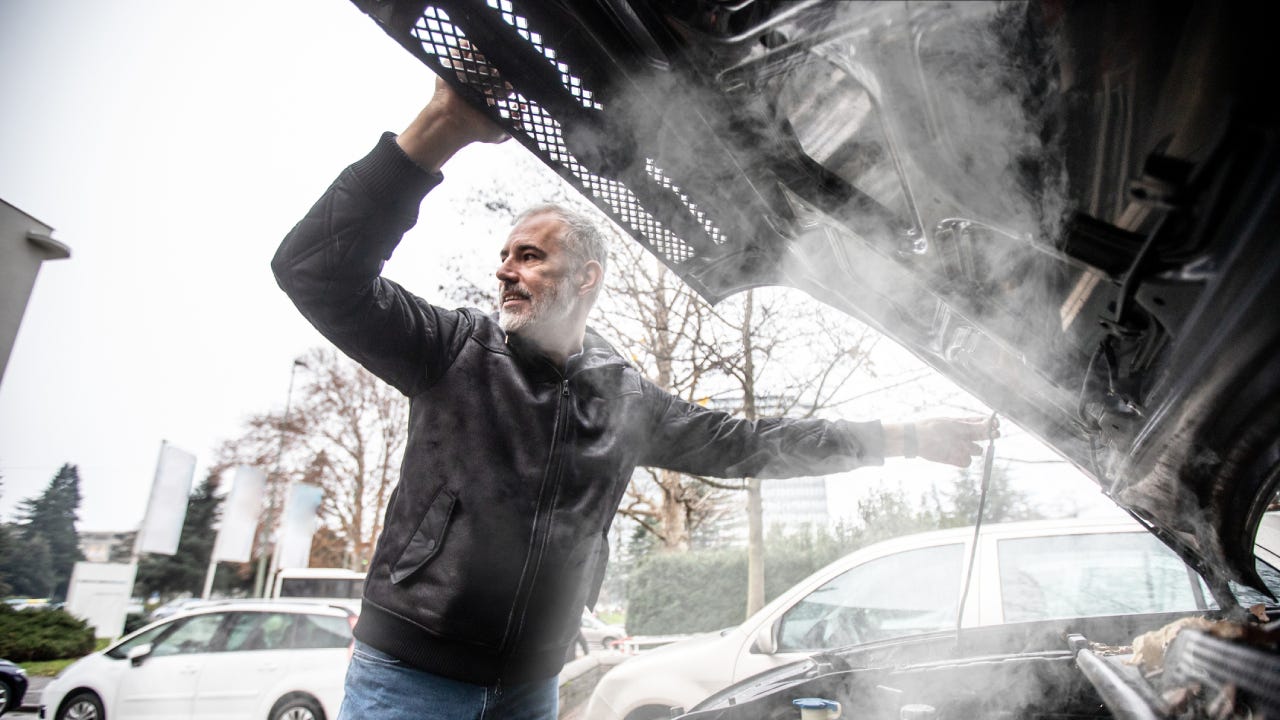
Credit: www.bankrate.com
Additional Coverage For Engine Protection
Car insurance typically covers accidents, but what about engine failures? Not all policies include engine repair. For added security, consider extra coverage options.
Mechanical Breakdown Insurance
Mechanical Breakdown Insurance (MBI) is a safeguard against costly repairs. Unlike standard car insurance, MBI steps in when engines fail due to normal use. Let’s explore its benefits:
- Broad Coverage: It spans many parts, not just engines.
- Flexibility: Choose a repair shop you trust.
- Saves Money: Protects against unexpected repair bills.
Remember, MBI has limitations. Read the policy carefully for items like deductibles and exclusions.
Extended Warranties And Their Role
Think of extended warranties as your car’s health plan. They extend the protection beyond the manufacturer’s warranty. This means coverage for longer periods.
| Extended Warranty Benefits | Considerations |
|---|---|
| Continued Protection | Varies by provider |
| Custom Coverage | May include deductibles |
| Peace of Mind | Cost-effective in the long run |
Review terms and shop around for the best deal. Look for a warranty tailored to your needs and driving habits.
Filing A Claim For Engine Damage
When your engine fails, it’s natural to wonder if car insurance will cover the repairs. Under the subtopic ‘Filing a Claim for Engine Damage‘, this segment guides you through the process. Knowing when and how to file a claim can save you time and stress.
Steps To Take Post-engine Failure
- Assess the situation—determine if it’s safe to continue driving.
- Immediately stop driving if you notice severe issues to avoid further damage.
- Contact your insurance provider for guidance on your coverage.
- Seek a professional mechanic’s evaluation; get a detailed report.
- If you have roadside assistance, call for a tow truck.
- Gather engine failure details and service history.
- File the claim as soon as possible with your insurer.
Documentation Needed For A Successful Claim
Gather these key documents to strengthen your engine damage claim:
| Document | Description |
|---|---|
| Policy Number | Find this on your insurance card or policy documents. |
| Mechanic’s Report | A detailed analysis of the engine failure from a certified mechanic. |
| Service History | Proof of regular maintenance such as oil changes and check-ups. |
| Incident Report | A summary of the engine failure event, including time and place. |
| Repair Estimate | Cost predictions for fixing the engine from a professional. |
| Photos | Images of the engine and any visible damage. |
Strong documentation helps prove the claim and might speed up the process.
Preventing Unexpected Costs
Car trouble can strike at any time, creating worry over repair costs. One major concern for drivers is engine damage. It brings a key question to mind: does car insurance cover engine repairs? The right insurance policy makes all the difference. To prevent unexpected costs, let’s dive into ways to maintain your engine and choose insurance wisely.
Tips For Engine Maintenance
Keeping your engine in top shape extends its life and avoids hefty repairs. Follow these tips:
- Regular Oil Changes: Change your oil every 3,000 to 5,000 miles to keep your engine clean and lubricated.
- Check Engine Fluids: Monitor and top up coolant, brake, power steering, and transmission fluids.
- Replace Air Filters: A clean air filter ensures your engine breathes easily, improving performance and longevity.
- Drive Gently: Avoid sudden starts and stops. Smooth driving prevents engine strain.
- Scheduled Maintenance: Stick to your vehicle’s maintenance schedule as outlined by the manufacturer.
Following these tips can keep your engine humming and save money long-term.
Choosing The Right Insurance Policy
Insurance that covers engine repairs can ease financial stress. Look for coverage which includes:
| Insurance Feature | Benefit |
|---|---|
| Comprehensive | Covers non-collision related damage such as theft or weather. |
| Collision | Handles repairs from accidents, regardless of fault. |
| Mechanical Breakdown Insurance | Offers extended coverage for engine and other major parts. |
Compare quotes and read policy details carefully. Look for exclusions and limits. Pick a policy that best matches your needs to safeguard against engine woes.
Frequently Asked Questions Of Does Car Insurance Cover Engine Repairs
Is Engine Damage Covered By Auto Insurance?
Typically, standard car insurance does not cover engine repairs unless the damage results from a covered incident such as an accident or vandalism. However, comprehensive and collision coverage might assist with such costs under certain conditions.
Can Car Insurance Cover Blown Engines?
Car insurance generally does not cover a blown engine unless it’s proven that the damage was due to a covered accident or malicious act. Wear and tear or mechanical failure is usually excluded from standard policies.
Will Insurance Cover Engine Failure After An Accident?
If your engine failure is directly caused by a covered accident, car insurance should cover the repairs. Collision coverage would be applicable in this scenario, helping you with the costs associated with the engine damage.
Does Comprehensive Insurance Help With Engine Repairs?
Comprehensive insurance covers engine repairs only if the damage is due to non-collision events like theft, fire, or natural disasters. It does not cover engine failure due to normal wear or mechanical breakdown.
Conclusion
Understanding your car insurance policy is key to knowing your coverage. Engine repairs may be included, depending on the cause of damage. Regular maintenance is crucial to avoid out-of-pocket expenses. Check with your insurer for specifics. Remember, the right coverage brings peace of mind on the road.

